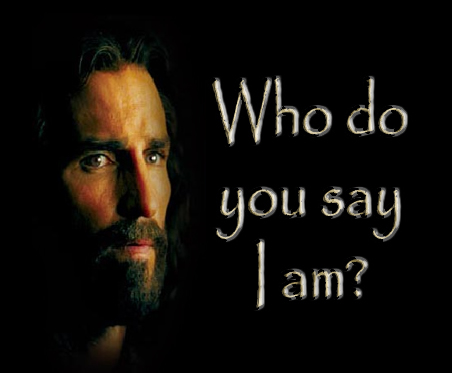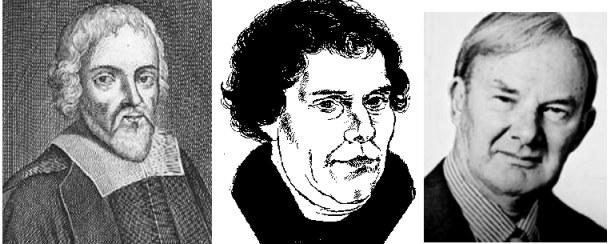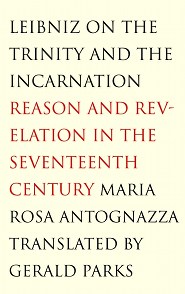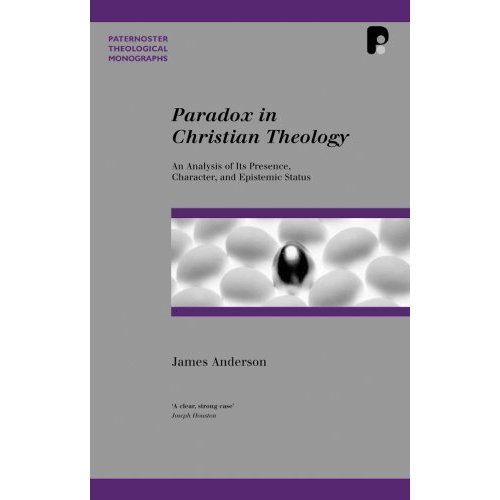Jesus and “god” – part 3 – analyzing “X is a god” (Dale)
 What does it mean to say that this dude is a god (or is divine)?
What does it mean to say that this dude is a god (or is divine)?In this series, we first set out an important argument from Christian theology and apologetics about Jesus. In the second installment, we simplified the argument in two ways, and pointed out that to have valid argument, we need to avoid equivocal terms.
It is important now that we push the “pause” button on our christological interests and theological agendas, and think carefully about the terms “god” and “divine”.
I’ve tried to analyze the meaning of “god” and related terms in western languages. (I’m not sure how this compares, e.g. to the Japanese term kami.) What I’ve come up with is this: “X is a god” (or “X is divine”) means “X is a provident being which must be honored”.Read More »Jesus and “god” – part 3 – analyzing “X is a god” (Dale)

















